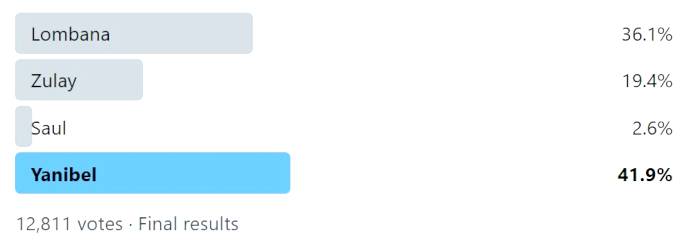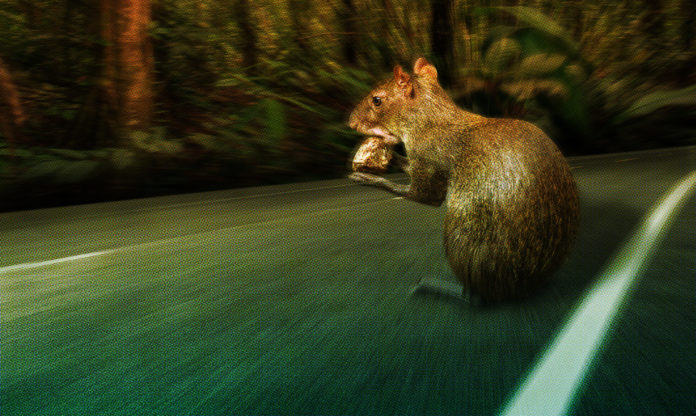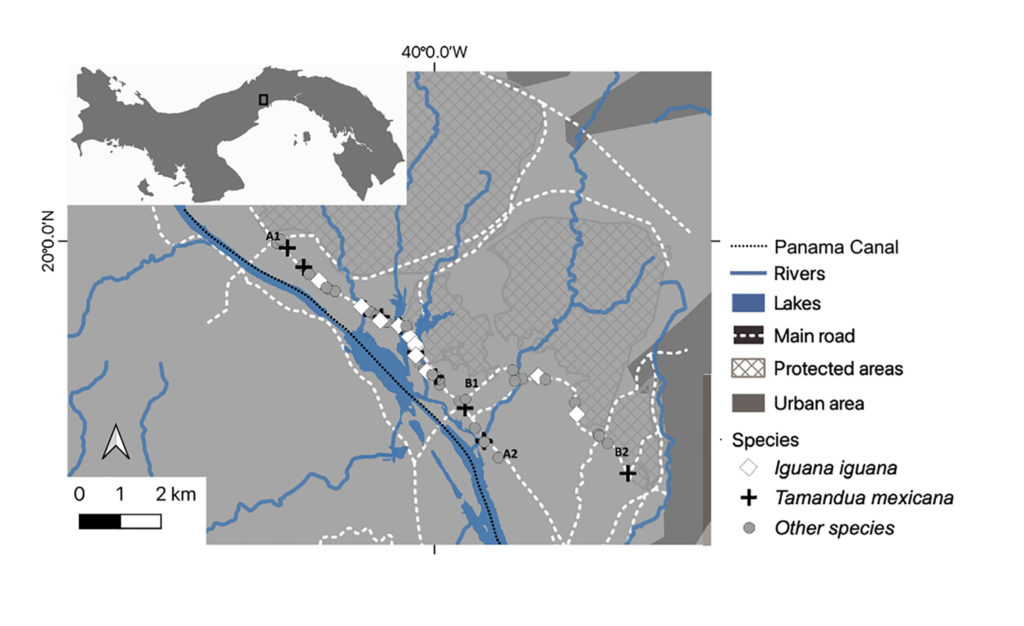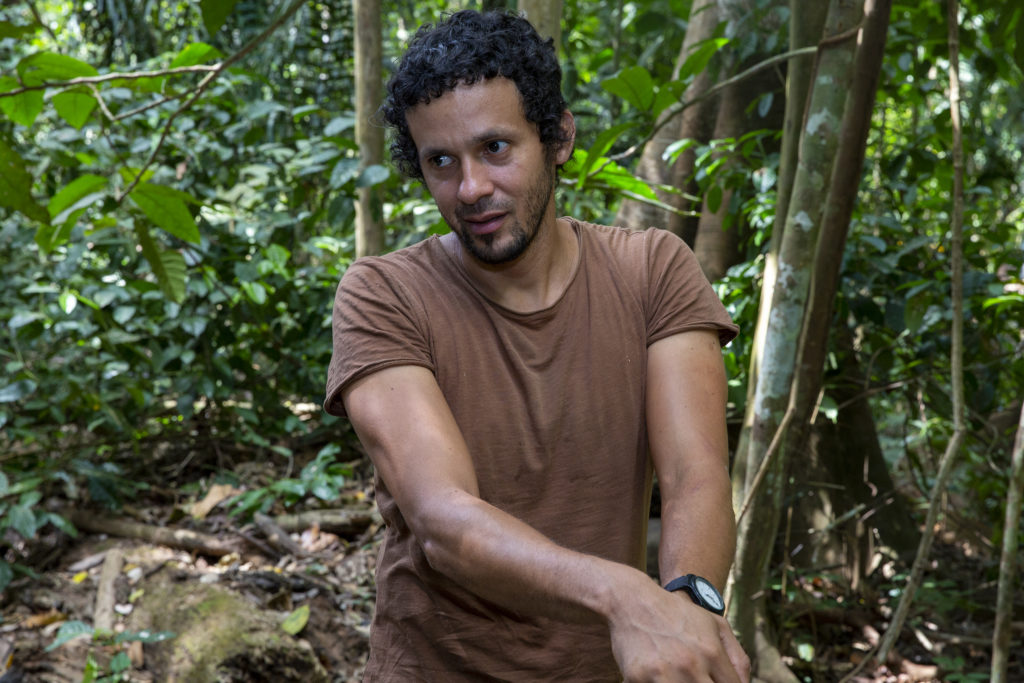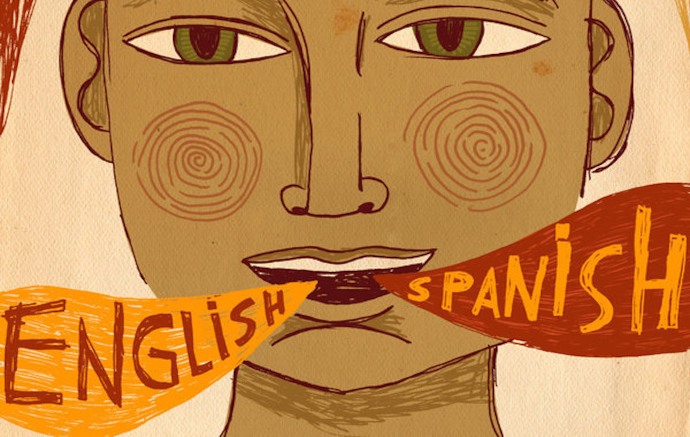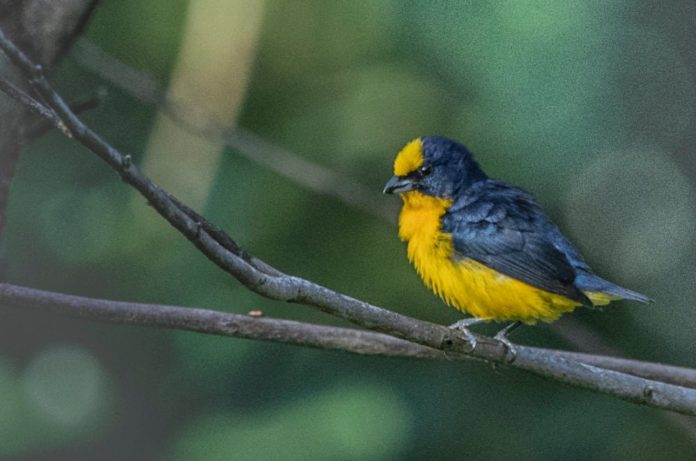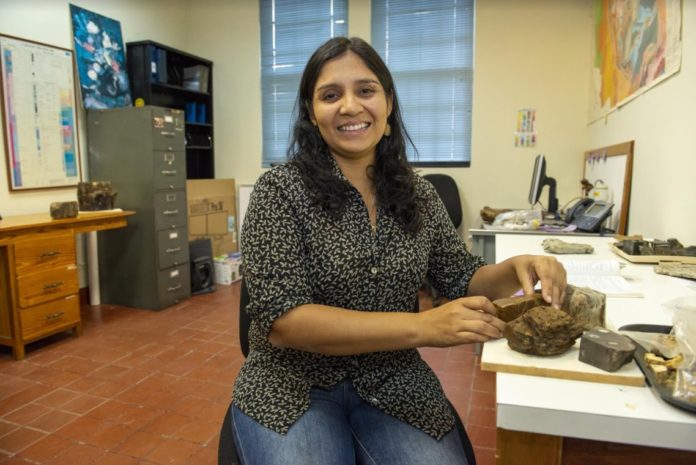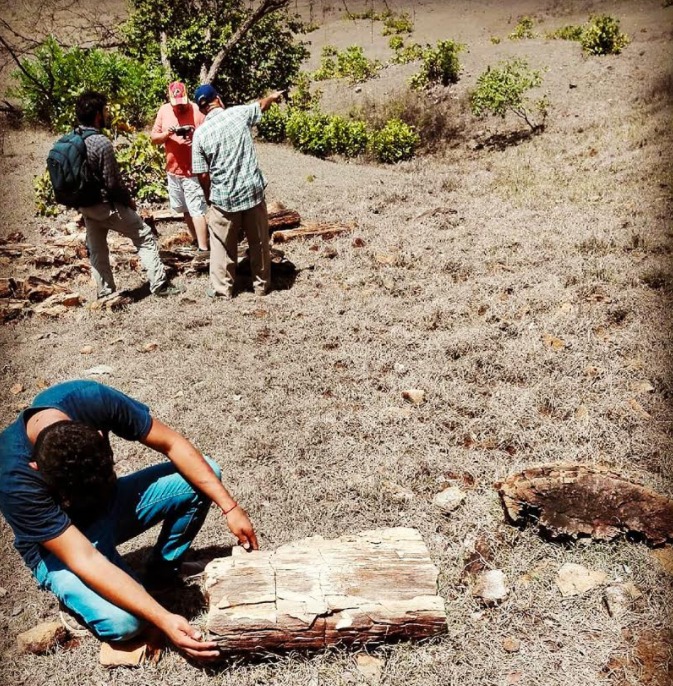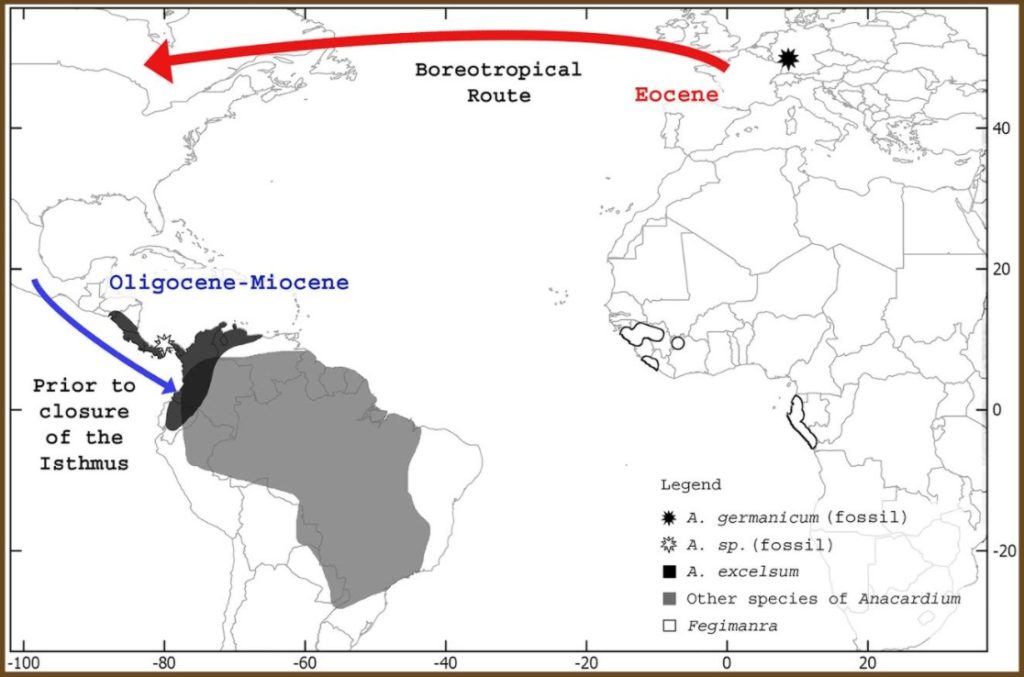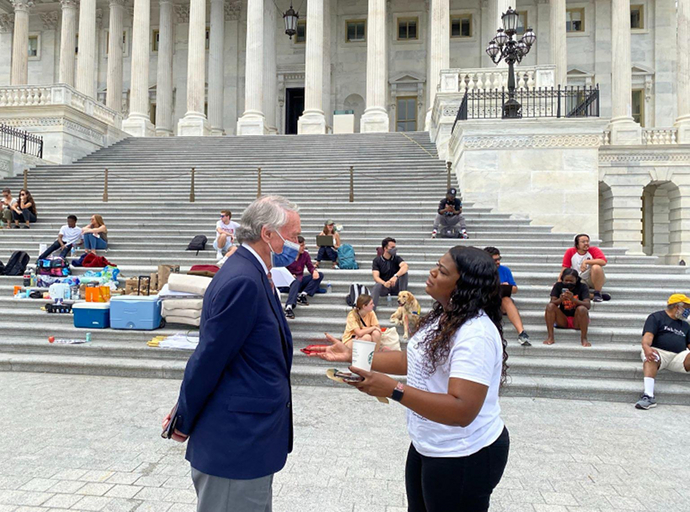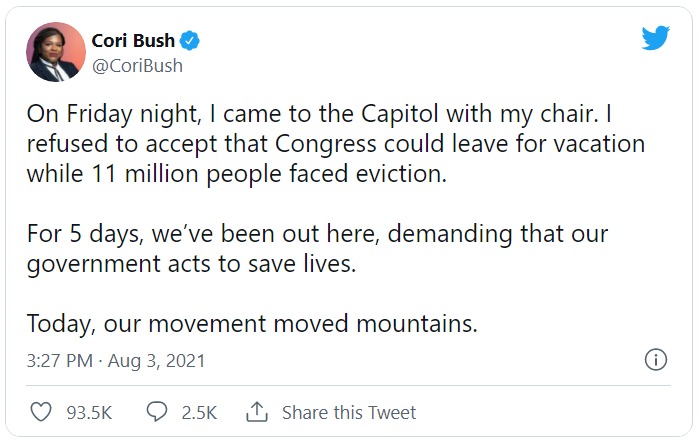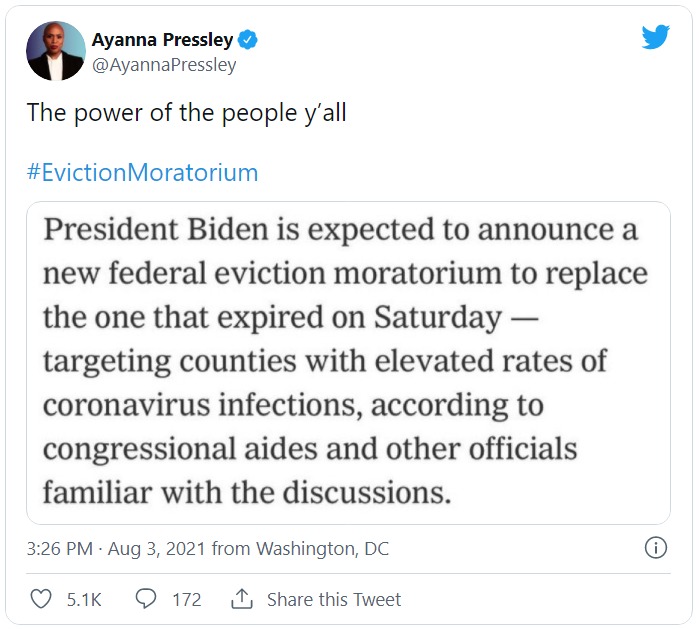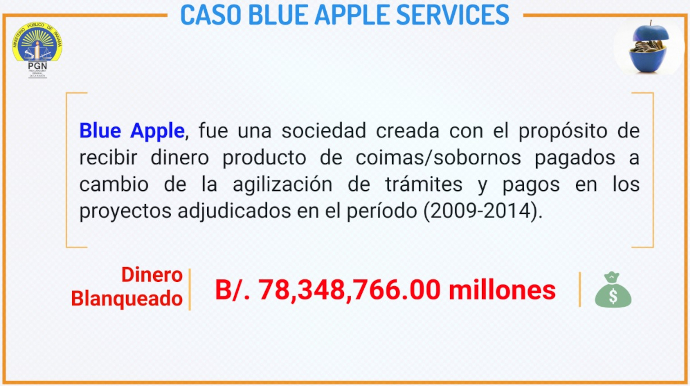They wish. From a silly Twitter feed.
The bots and trolls say…
It’s ridiculously early to say that polls are very predictive of what might happen in the 2024 presidential elections. We don’t even know who will be running, not even who will be eligible to run.
History suggests that the PRD will not get back-to-back terms. Jaded voters tend to say that five years is a long enough looting binge, so give some other party than the outgoing presidents’ a turn. Others may not be so cynical, but are driven by the most recent offenses of an overall offensive political caste. Or so on. Since the dictatorship no party has won back-to-back elections.
More unreliable than polls are reader reponse surveys, as in the ones recently conducted on Twitter. Those may be indicative of the passion of candidates’ followings, or the organization of candidates who seek to “win” those. More and more, they just reflect who has hired the biggest call center team, or has deployed the most fake persona bots.
This is an unusually dystopic time. The COVID epidemic has not only brought us pestilence, suffering and death, but devastated Panama’s economy. In response politicians vary among transactional offers, regurgitated and unconvincing ideological stances and scapegoating, in this period mostly of foreigners. These pitches have attracted small followings, but none of them have captured the nation’s imagination.
Better to concentrate on what, rather than who, at this moment. And not a procedural what, but the substance of what Panamanians want and need. Plus how – how we want to govern ourselves and only after that considering how we get to that paradigm.
It’s homework, folks. Some of it’s boring for everybody, a lot of it’s tedious for most people, but we don’t get what we want and need without working for it. And the bots and call center trolls who give us easy answers? Perhaps the first lesson to learn is to ignore them.
Governors DeSantis and Abbott don strange uniforms to pretend that their states’ intensive care units are packed to near capacity because foreigners sneak across the Rio Grande. Photo by the Texas governor’s office.
How the Democrats win next year won’t be pretty
The Republican governors of Florida and Texas are sacrificing citizens to ideology. It’s worse yet with the delta variant of COVID, as unlike previous strains, this one attacks a lot of kids, too.
Down through history, sacrificing “other people’s” kids has been twistable into a popular thing to do if the audience is hateful enough. The thing is, Mr. Abbott and Mr. DeSantis are recruiting mostly their own followers to suffer and sometimes die.
Yes, the Republicans have vote suppression game plans, and may get those passed into law and approved by the courts. They may gerrymander things worse than the last time. However, they and other GOP wannabes may well be overwhelmed at the polls despite everything, due to the reckless things that they are doing right now. THEIR FOLLOWERS are the ones most likely to be resisting masks and vaccines. If well the rest of society should object to how that puts those who are doing their best to protect themselves at higher risk, the anti-mask, anti-vax people who act upon the Republican idea that science is a hostile ideology are the ones who run the greatest personal risks.
In the face of what history will remember as a truly bizarre Republican meltdown, the next direction that the United States will take is likely to be hashed out in Democratic primaries. These battles may themselves be none too pretty but they will defines certain things and establish power relationships within the party. Wholesale purges, mass desertions to abstention or irrelevant third-party effors would be the ways for Democrats to lose, but those things should be avoidable if after the primary season there are coalition talks among the various factions.
It all comes down to a question of balance. The Republicans have on the whole lost all sense of that. Most Democrats, even with the intra-party fighting, retain a certain sense of balance and proportion. A big part of that common sense will be to show unity come the general election season.
Cows run away from the storm while the buffalo charges toward it — and gets through it quicker. Whenever I’m confronted with a tough challenge, I do not prolong the torment, I become the buffalo.
Wilma Mankiller
Bear in mind…
Don’t speak unless you can improve on the silence.
Jorge Luis Borges
A woman at 20 is like ice, at 30 she is warm and at 40 she is hot.
Gina Lollobrigida
Everything should be made as simple as possible, but not simpler.
Albert Einstein
Contact us by email at fund4thepanamanews@gmail.com
To fend off hackers, organized trolls and other online vandalism, our website comments feature is switched off. Instead, come to our Facebook page to join in the discussion.
These links are interactive — click on the boxes

